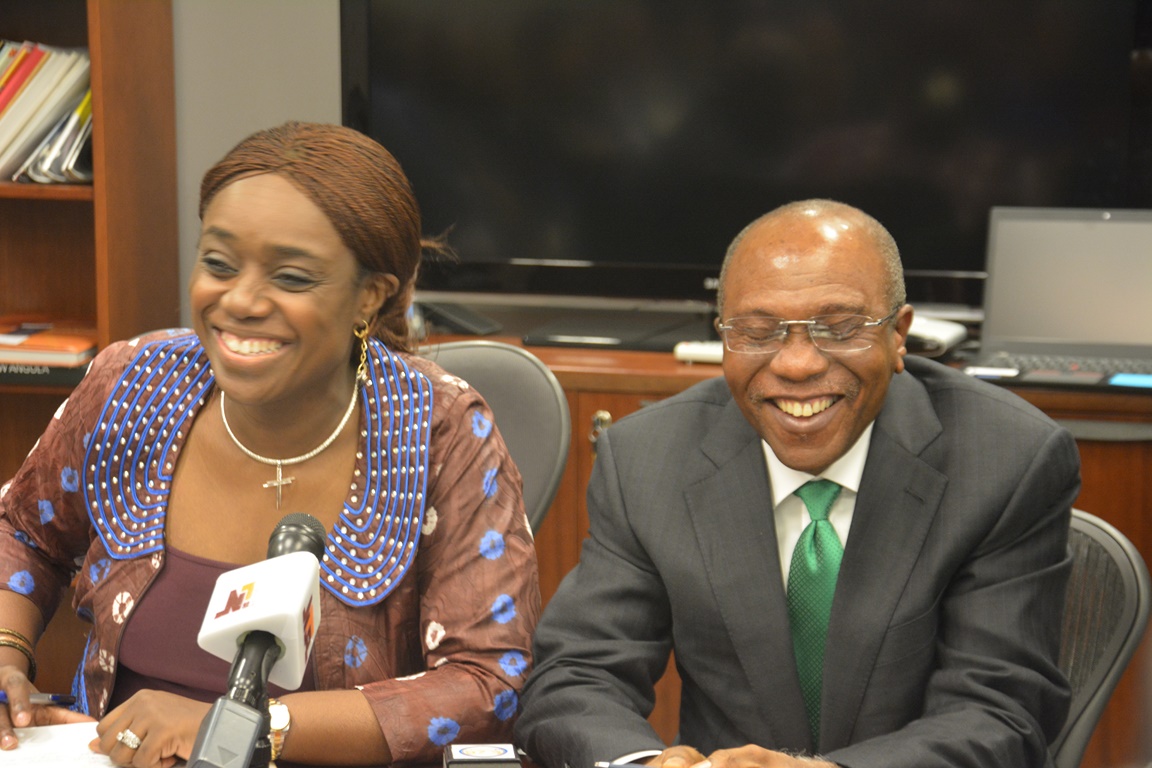Tony Attah, managing director of Nigeria Liquefied Natural Gas Limited (NLNG), says the Act establishing the company, its shareholding and its governance structure are key factors responsible for NLNG’s success story.
Attah said this in Abuja on Tuesday at a technical session chaired by Maikanti Baru, group managing director of the Nigeria National Petroleum Corporation (NNPC), at the ongoing 22nd Nigerian Economic Summit (NES), themed ‘Creating a global Champion from Made in Nigeria: The NLNG story’.
In his presentation to the forum, Attah said the NLNG Act provided incentives, assurances and guarantees which significantly encouraged investment in the project.
He added that experience had clearly shown that countries could not hope to legislate investments into existence without addressing issues relating to accompanying incentives, guarantees, and assurances.
Advertisement
“These incentives made it attractive for the international investors and financiers to invest even during a period Nigeria was perceived to be a pariah state,” he said.
“Those investments grew and they resulted in an inspirational Nigerian success story that the company is today, with assets now worth over $13 billion.”
Attah’s presentation took a position on the undesirability of some current developments, “18 years after the major breakthrough that NLNG represents, where certain stakeholders in the country continue to make attempts to undermine the Act”.
Advertisement
He said courts had been firm on the provisions of the Act in instances where court cases were instituted by third parties seeking to compel company to pay levies.
“These attempts are apparently continuing outside the courts, but we are hopeful that the country’s leadership will protect its commitment through the Act as well as avoid the portrayal of the country as one that does not honour agreements,” he said.
He emphasised that these enablement had allowed Nigeria LNG to generate $85bn in revenues, pay $5.5 bn in taxes as well as commiting more than $200m to corporate social responsibility projects, especially in the areas of capacity building and infrastructure development.
“The ownership mix, with the Nigeria government, through the national oil company owning just 49 percent, and having international companies owning 51 percent has brought tremendous benefits. Most importantly, it has allowed significant funding through international banks required for the construction of both the plants and the ships,” he said.
Advertisement
“Secondly, such a mix has ensured that the international companies bring to bear on the company, international standards and best practices.
“Thirdly, with a significant shareholding, the government, through NNPC, has been able to drive the national agenda for social and nationalistic causes such as the Nigerianization plan. That plan has directly resulted in a corps of well-trained Nigerian professionals, many of whom have had the opportunity to understudy and eventually succeed expatriates over a period of time.”
Attah added that as an independent incorporated joint venture, Nigeria LNG enjoys the benefits of an independent board of directors comprising nominees from the shareholders.
“This independence, coupled with minimal government interference has enabled the company to function properly as a business concern and enabled it to surpass expectations,” he said.
Advertisement
“As a result of the a mix of these key success factors, NLNG is helping to build a better Nigeria, has contributed significantly towards the flares out programme of the federal government by helping to reduce flares from about 65 percent to less than 20 percent, simultaneously monetising natural gas that would have been otherwise flared. As a result, its export earnings have been a veritable source of foreign exchange for the government.
“Through our shipping arm, Bonny Gas Transport, we have reinvigorated the shipping industry and provided avenues to local manufacturers, in line with the local content focus of the company, to export needed locally made, but internationally competitive products such as paints, cables, wires, etc. for the building of six new ships in South Korea at a cost of $1.6 bn, an initiative which led to more than $10 million worth of export business opportunities for several Nigerian companies and training for about 600 young Nigerians both in Korea and Nigeria, in various aspects of shipbuilding technology.
Advertisement
“Our intervention in the supply of some 50% of cooking gas to the country has continued in pursuit of strategies and initiatives aimed at deepening the usage and availability of cooking gas in Nigeria from annual demand levels of about 400,000 to about 2.4 million metric tonnes. This is also aimed at preserving the environment by reducing the rate of deforestation and greenhouse gas emissions as a result of continued dependence on firewood as the major source of cooking fuel.”
Advertisement
Add a comment







